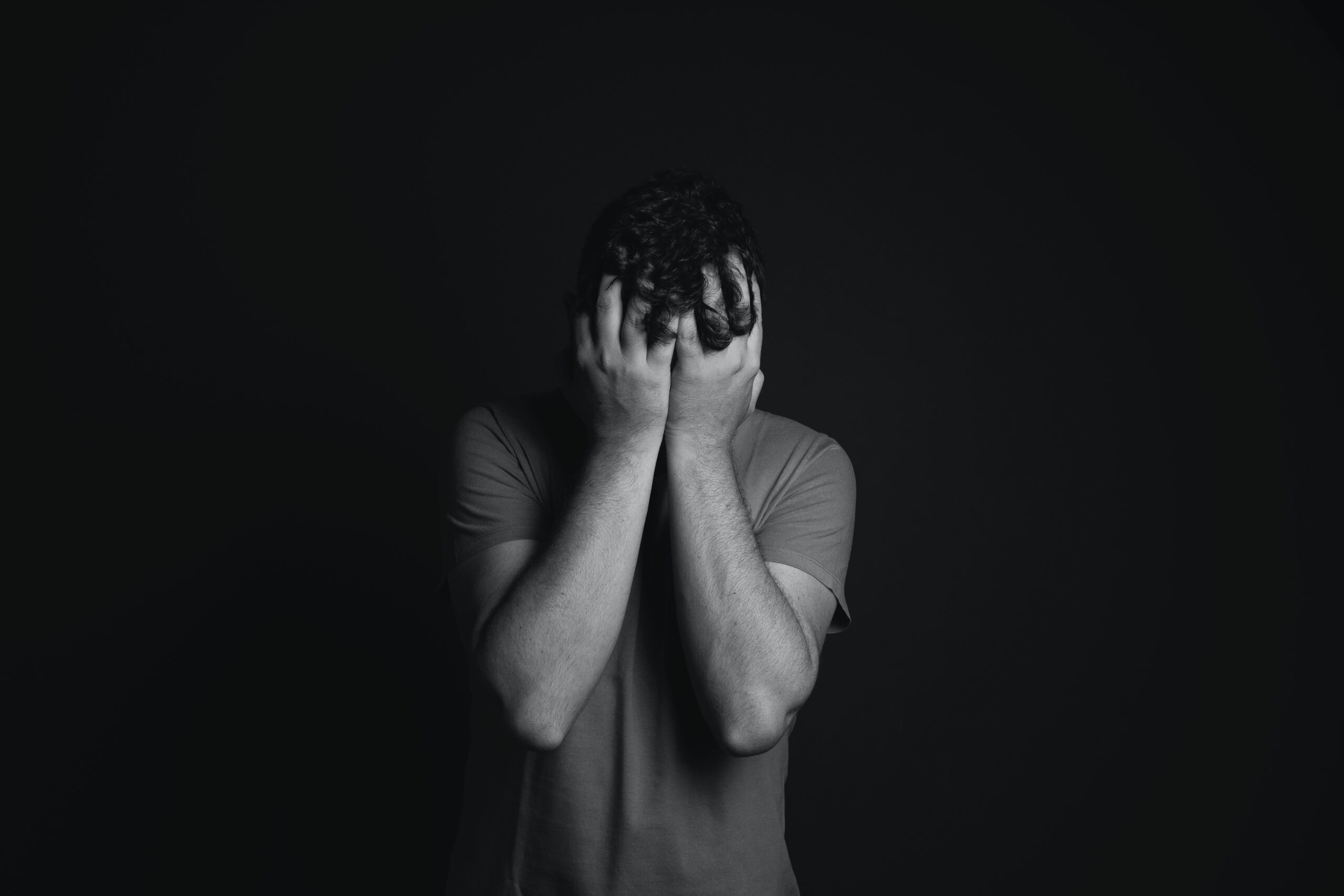What do you think of this article?
By Dr. David Woo - November 26, 2021

For most people, the holidays can be a time of joy and celebration. But for some, the holidays can be stressful and overwhelming. The emotional toll that some people experience during the holidays can contribute to depression, and it’s possible for someone who normally does not struggle with depression to experience symptoms of depression during the holidays.
What Can Trigger Depression around the Holidays?
What triggers depression for one person, may be different for someone else. However, some common triggers for depression during the holidays include:
- Emotional stress
- Financial stress
- Setting unrealistic expectations for yourself or others
- Tension and conflict with family members
- Not being able to be with your family or loved ones
People who are more likely to develop depression over the holidays are those who have recently:
- Lost a loved one
- Lost a job
- Been diagnosed with a chronic condition
- Gone through a divorce
Depression that develops around the holidays can also be the result of seasonal affective disorder, or SAD. SAD is a type of depression that recurs every year at the same time for about four to five months. People diagnosed with SAD will notice that their symptoms coordinate with a specific season, such as winter or summer.
Stress Management Techniques for the Holidays
Learning healthy ways to cope with stress can go a long way in helping to reduce your risk of developing depression. Some healthy stress management practices include:
- Setting realistic expectations. Are you expecting too much from yourself and/or others?
- Eating a well-balanced diet rich in whole foods, think vegetables and whole grains
- Getting plenty of restful sleep, seven to nine hours
- Lowering the number of obligations you commit yourself to
- Limiting alcohol consumption
- Exercising to reduce the negative effects of stress on the body
Is It Stress or Depression?
While stress and depression are similar, and oftentimes are connected, they are two very different situations. Everyone experiences varying degrees of stress at some point in their life. Stress typically resides once the stressful life event resolves and as life events change, but depression does not. Further, continuous bouts of high stress can increase a person’s risk of developing depression.
Some of the signs of stress may overlap with the signs of depression, and it may be difficult to distinguish between stress and depression. Symptoms of depression that you should look out for include:
- Crying frequently
- Difficulty concentrating
- Feeling sad and hopeless
- Fatigue
- Trouble making decisions
- Withdrawing from friends and family
- Physical aches and pains
If you’re experiencing multiple symptoms of depression for more than 2 weeks, seek help from a licensed mental health professional.
How Is Seasonal Depression Treated?
Depression is generally treated with antidepressants and talk therapy, first. However, some patients may not respond to antidepressants and may need to try another treatment option, like TMS (transcranial magnetic stimulation). TMS is an FDA-approved, medication-free depression treatment that uses magnetic pulses to stimulate the brain and relieve depression symptoms. TMS is effective for people with major depressive disorder, including seasonal affective disorder.
If you’re experiencing symptoms of depression, don’t feel ashamed. Get help now. Getting help with depression symptoms early increases your chances of achieving remission (being symptom-free) and decreases the chances of relapse (symptoms returning).
Dr. Woo has been seeing patients in private practice since 2002, always with the goals of combining evidence-based medicine with psychodynamic psychotherapy and collaborating with other mental health professionals to ensure the best possible outcomes for his patients. He has been certified to administer TMS at his practice since 2017. His greatest clinical interests include helping patients suffering from depression, anxiety, and obsessive compulsive disorder.



